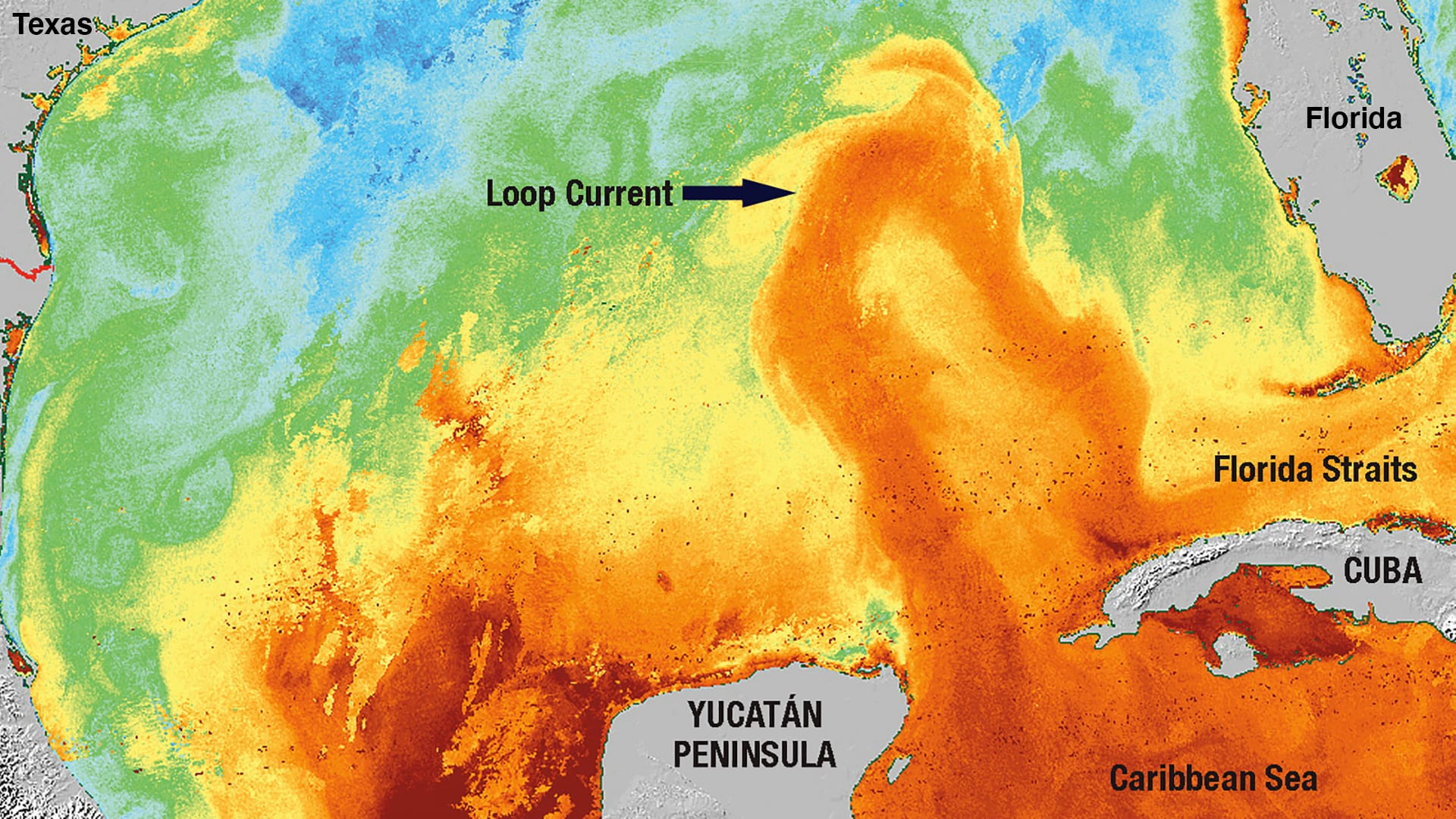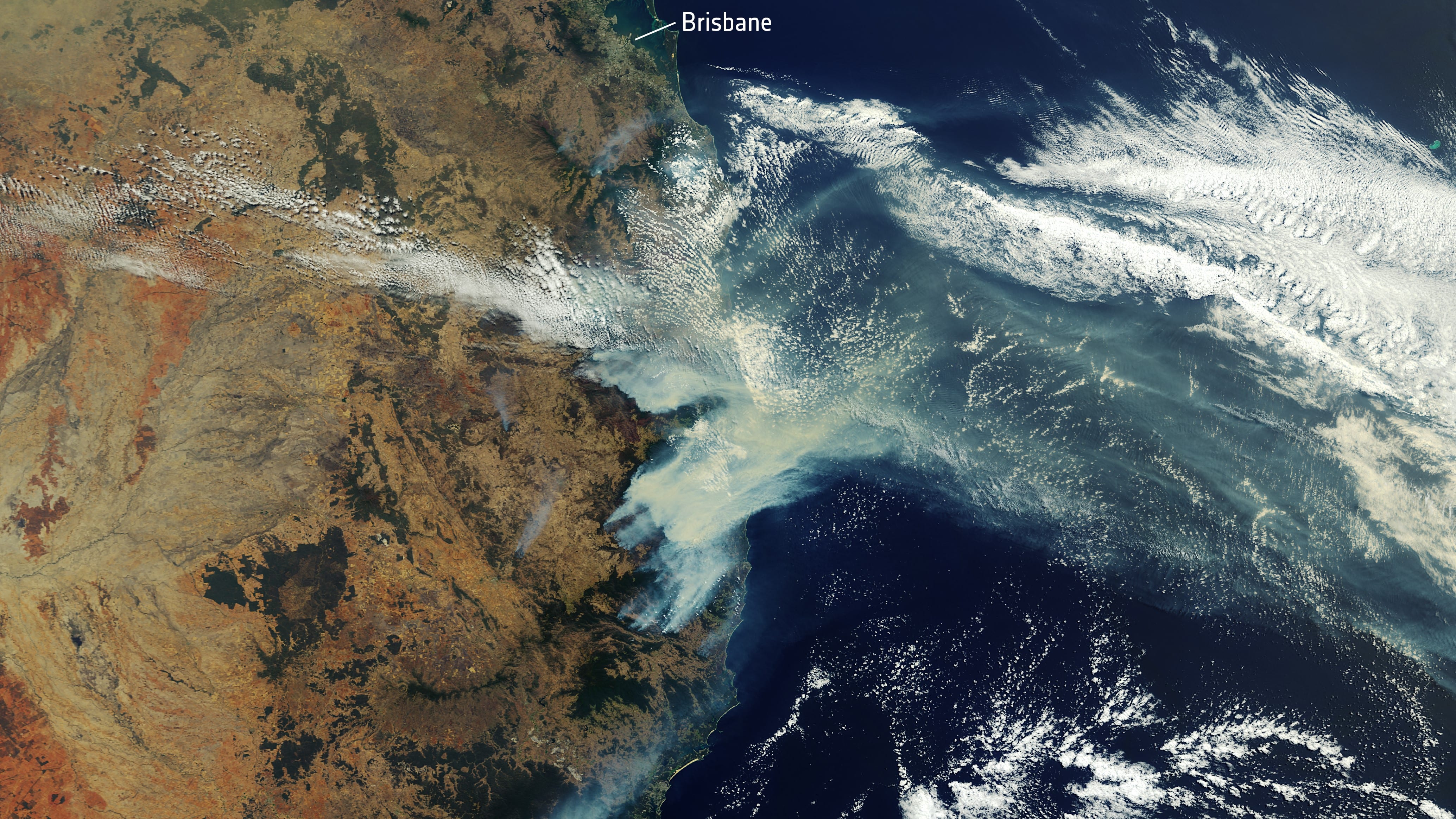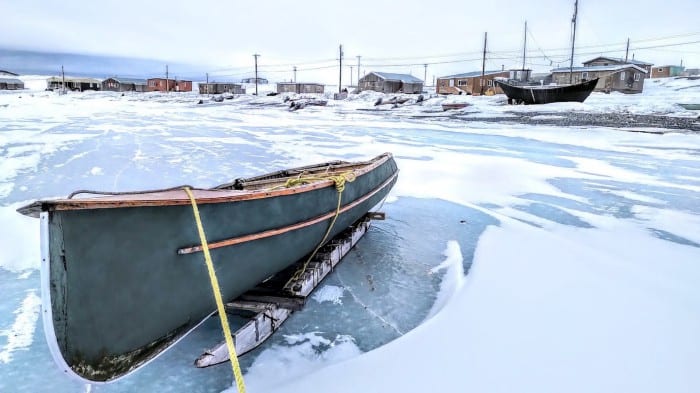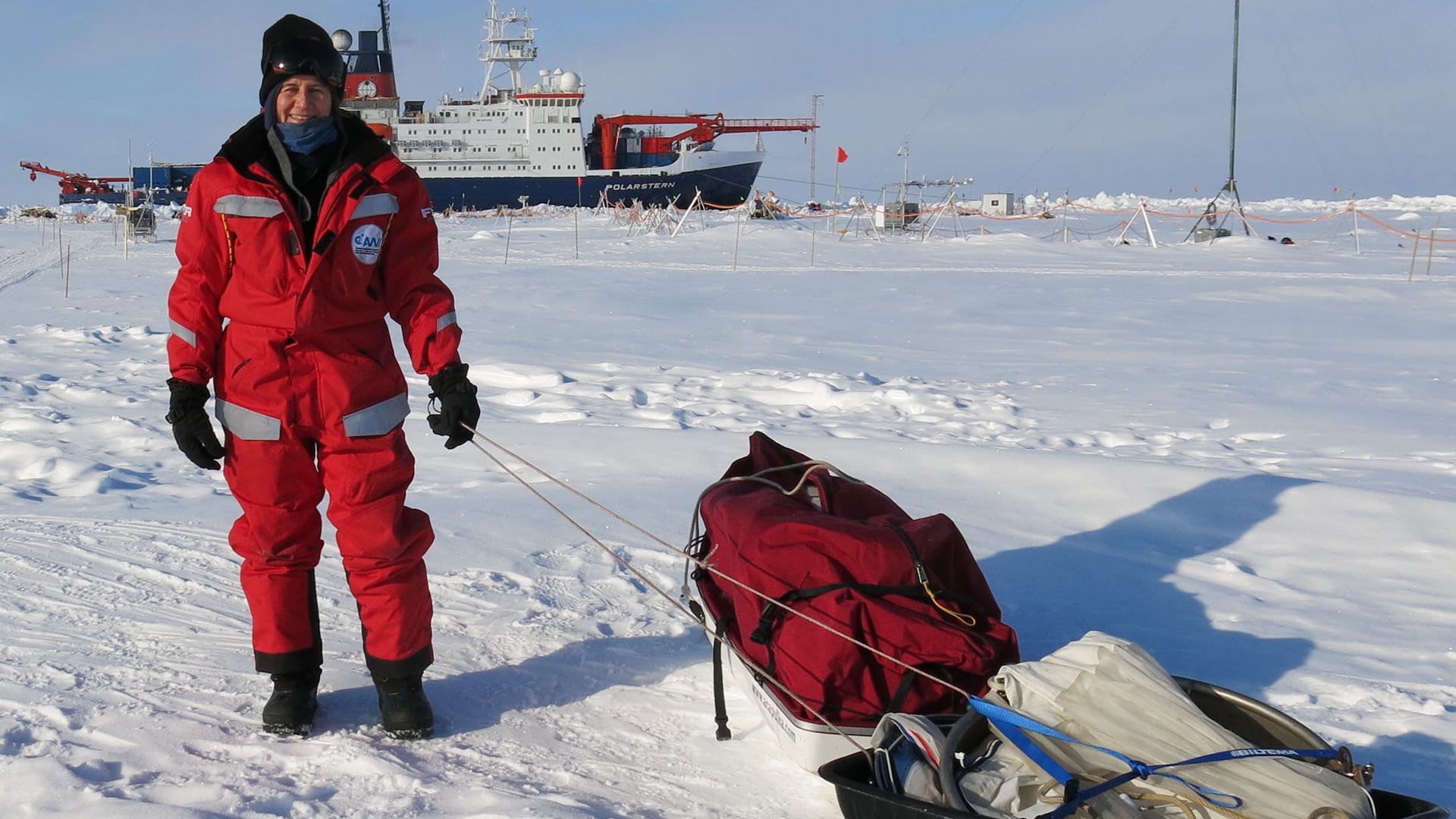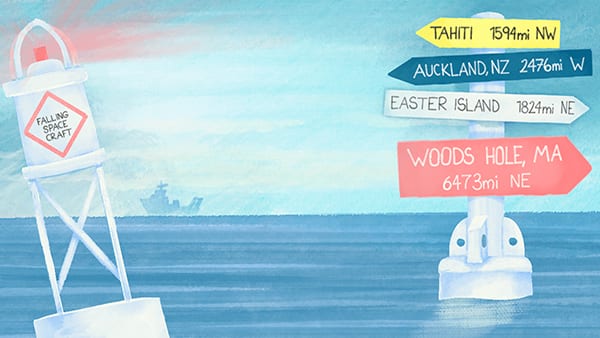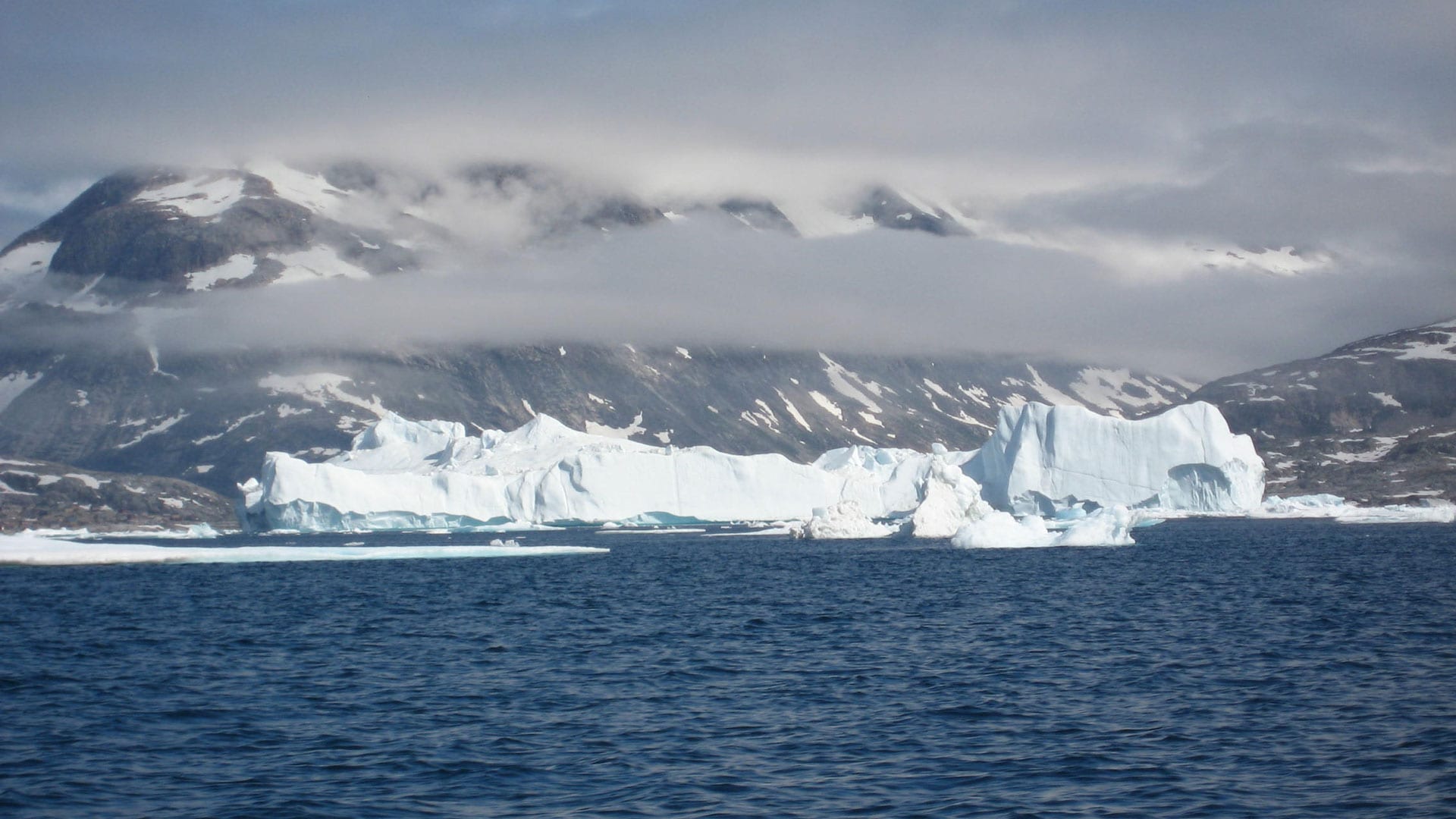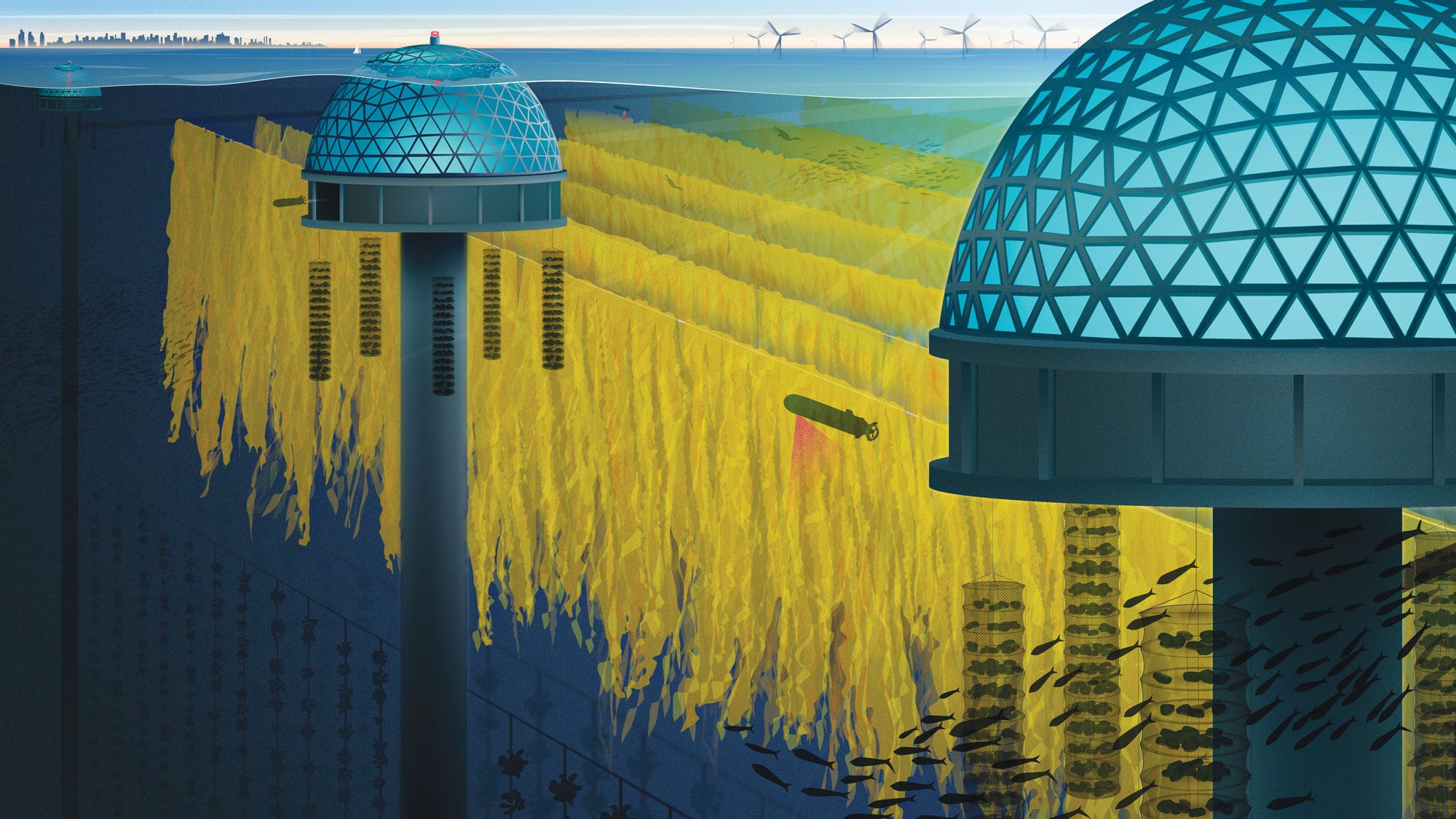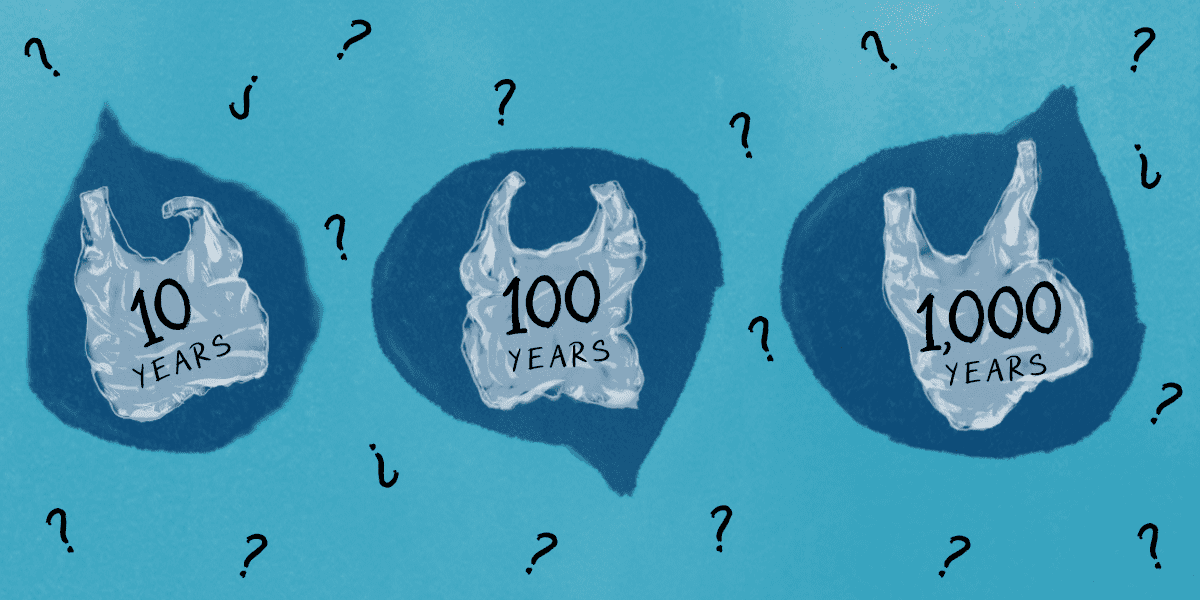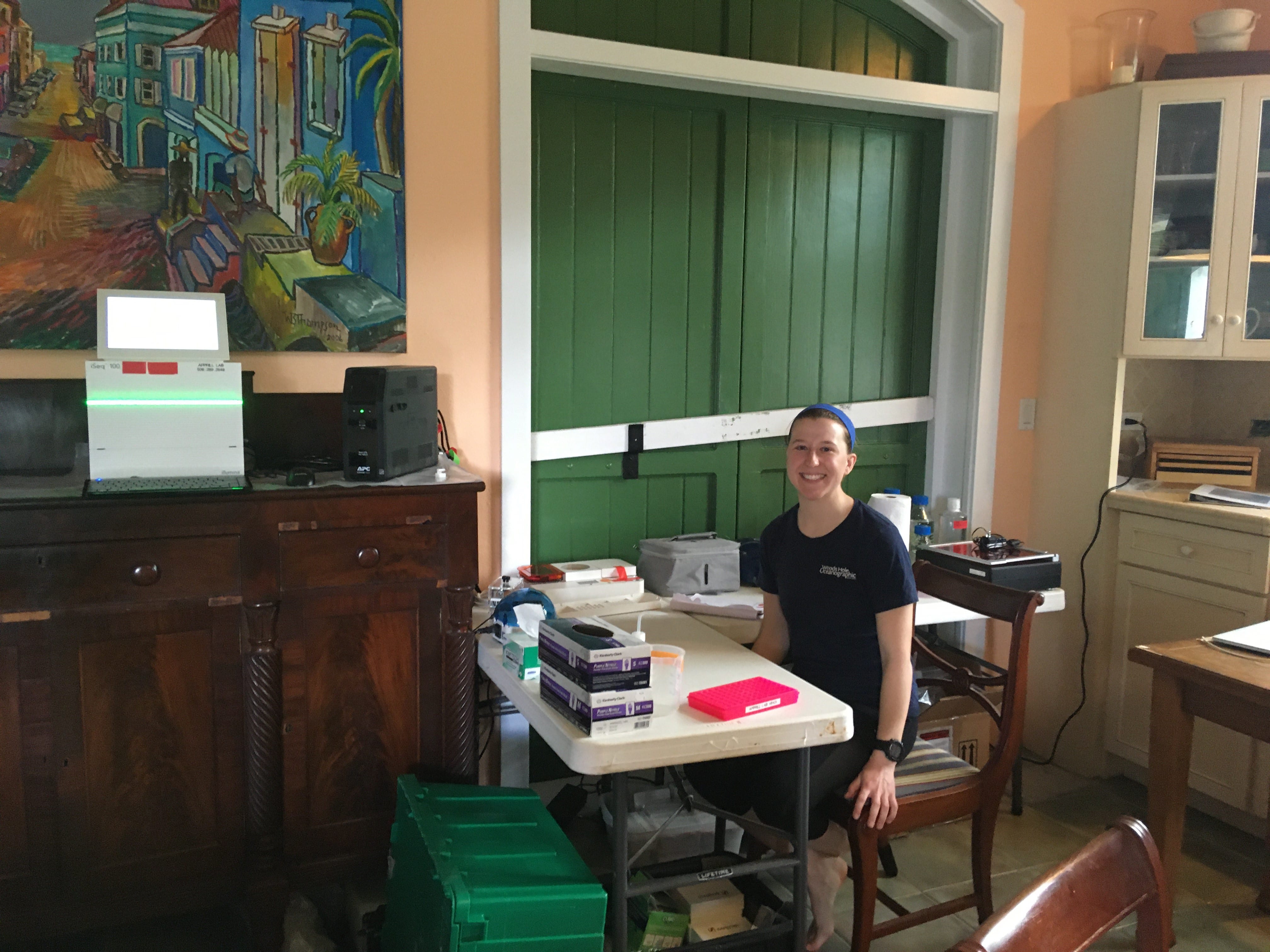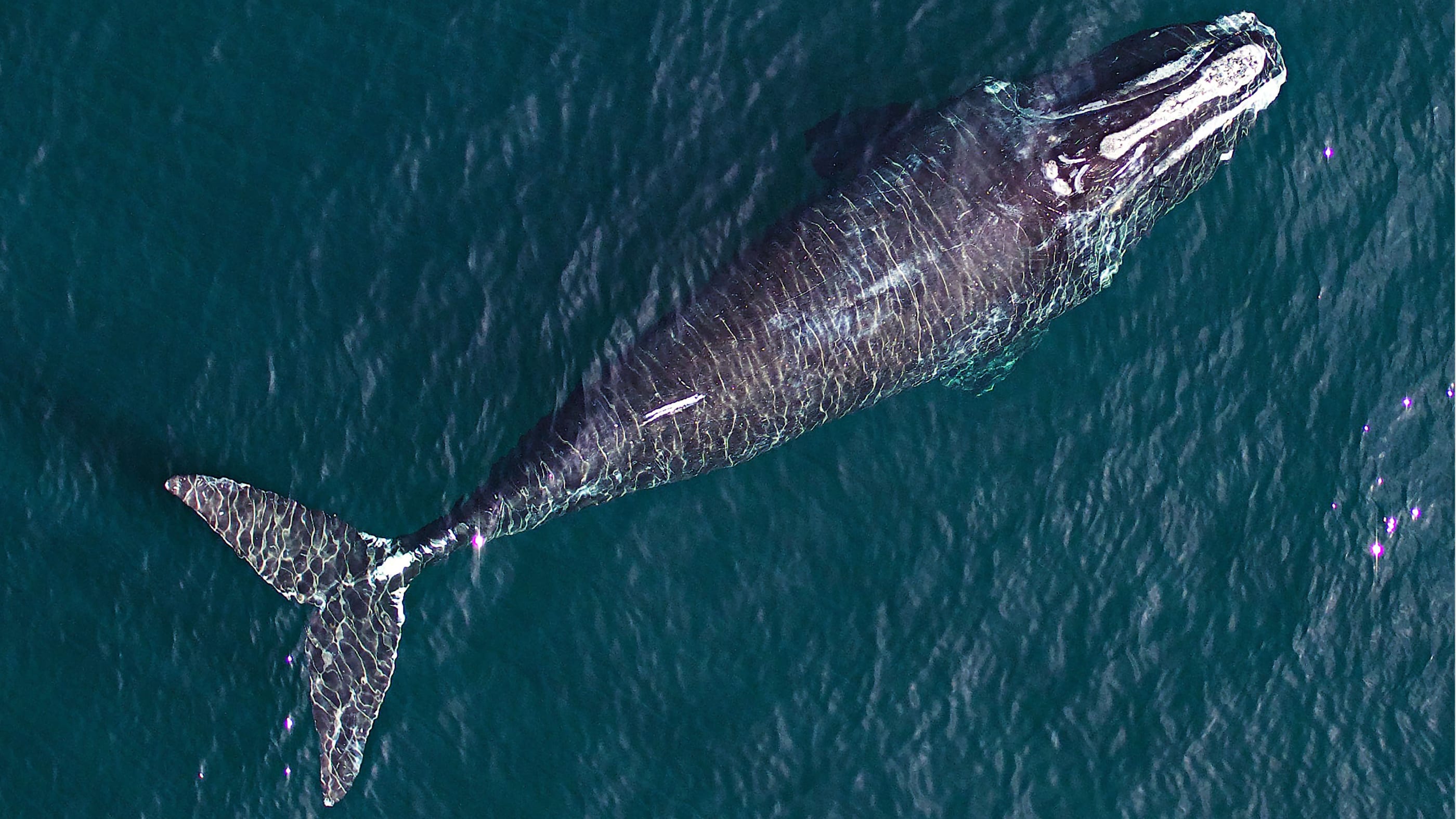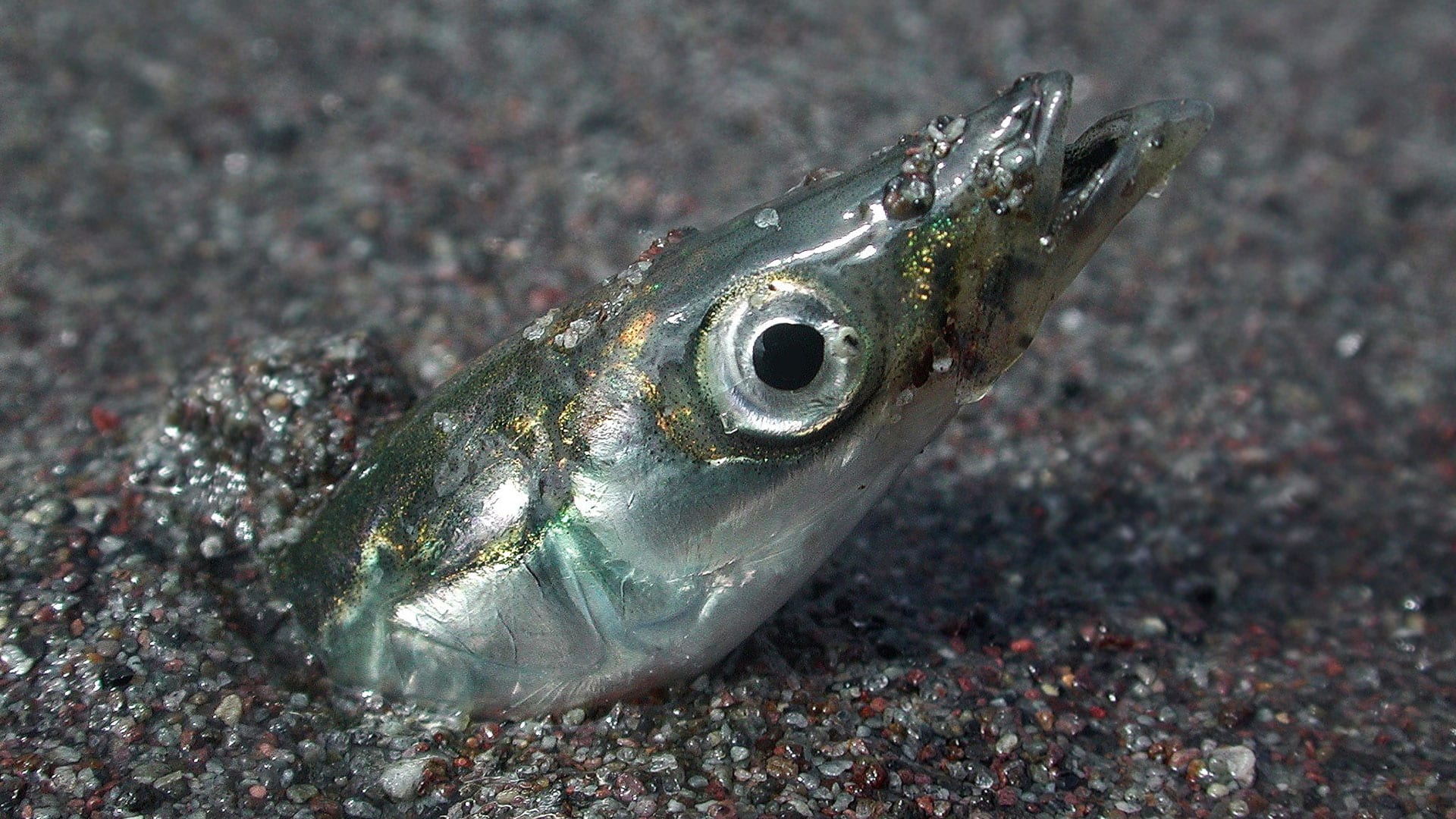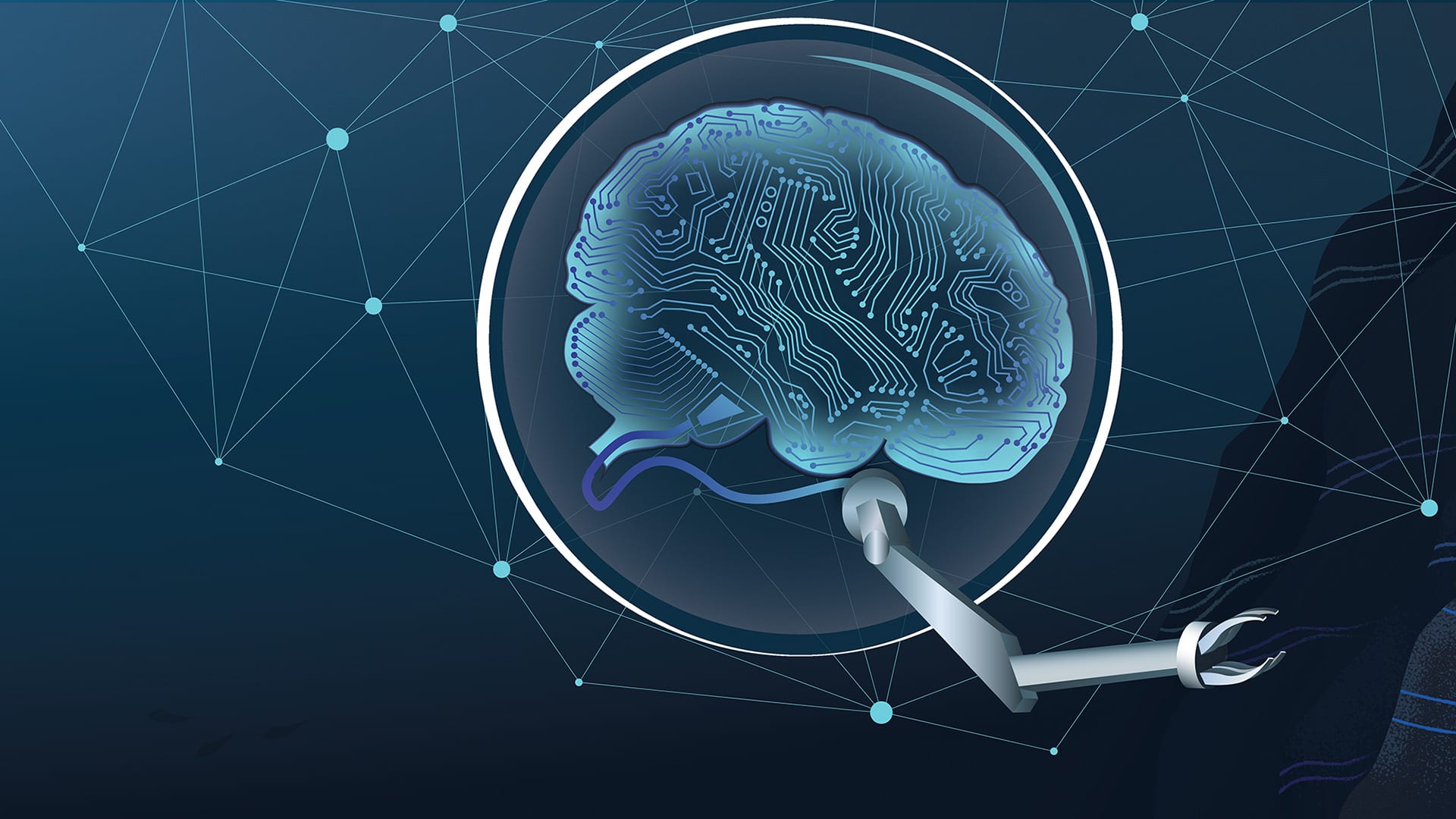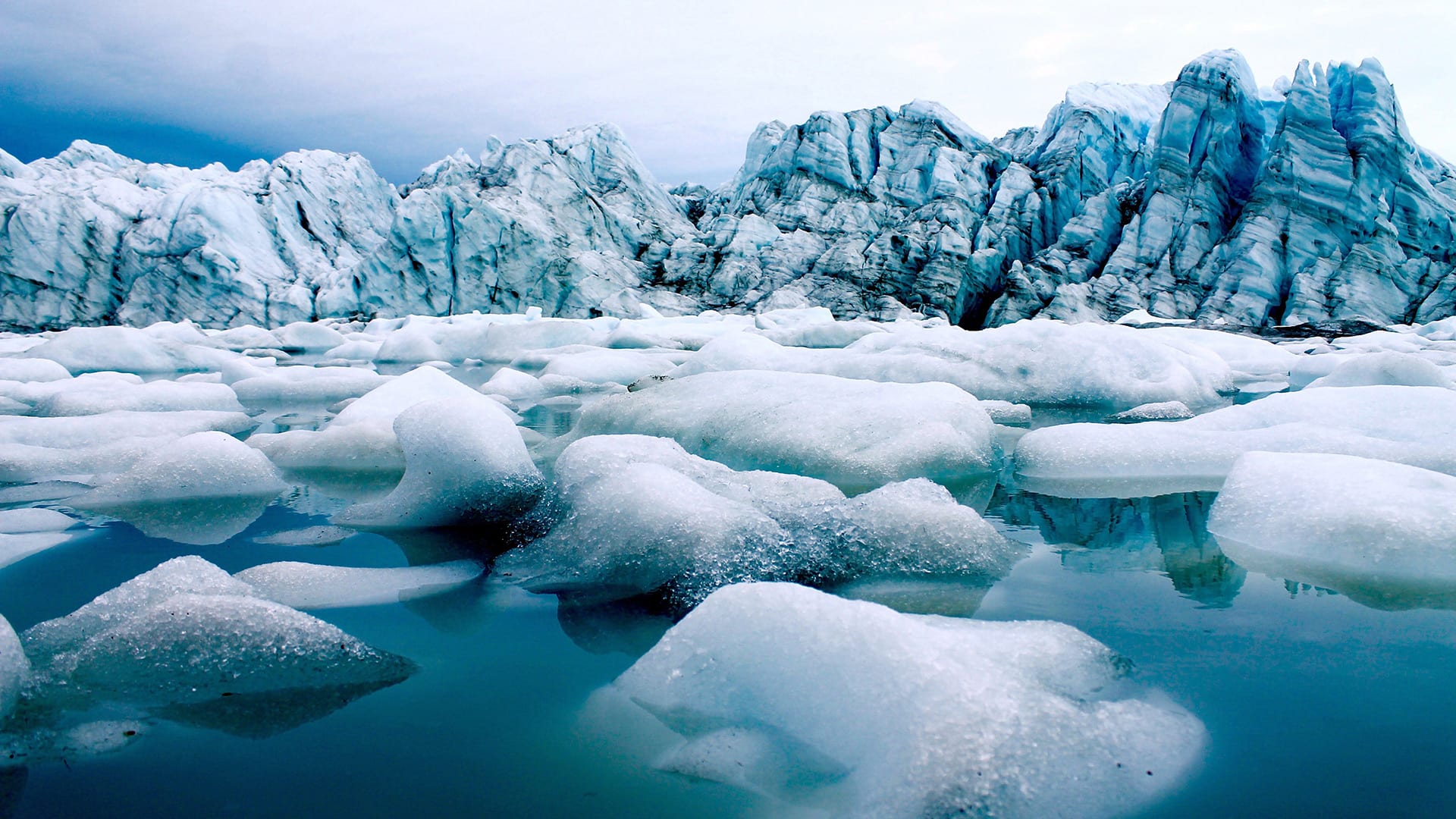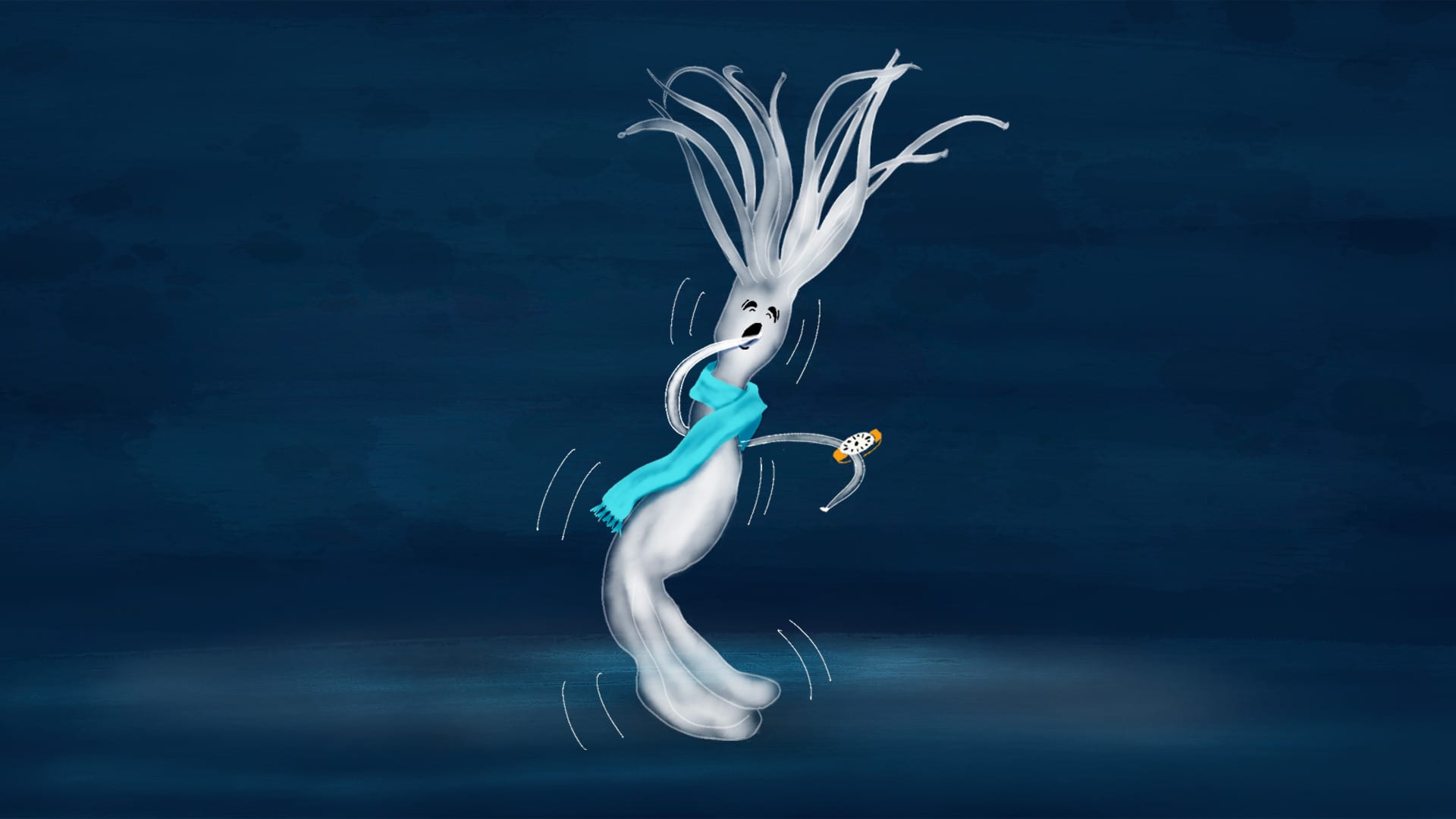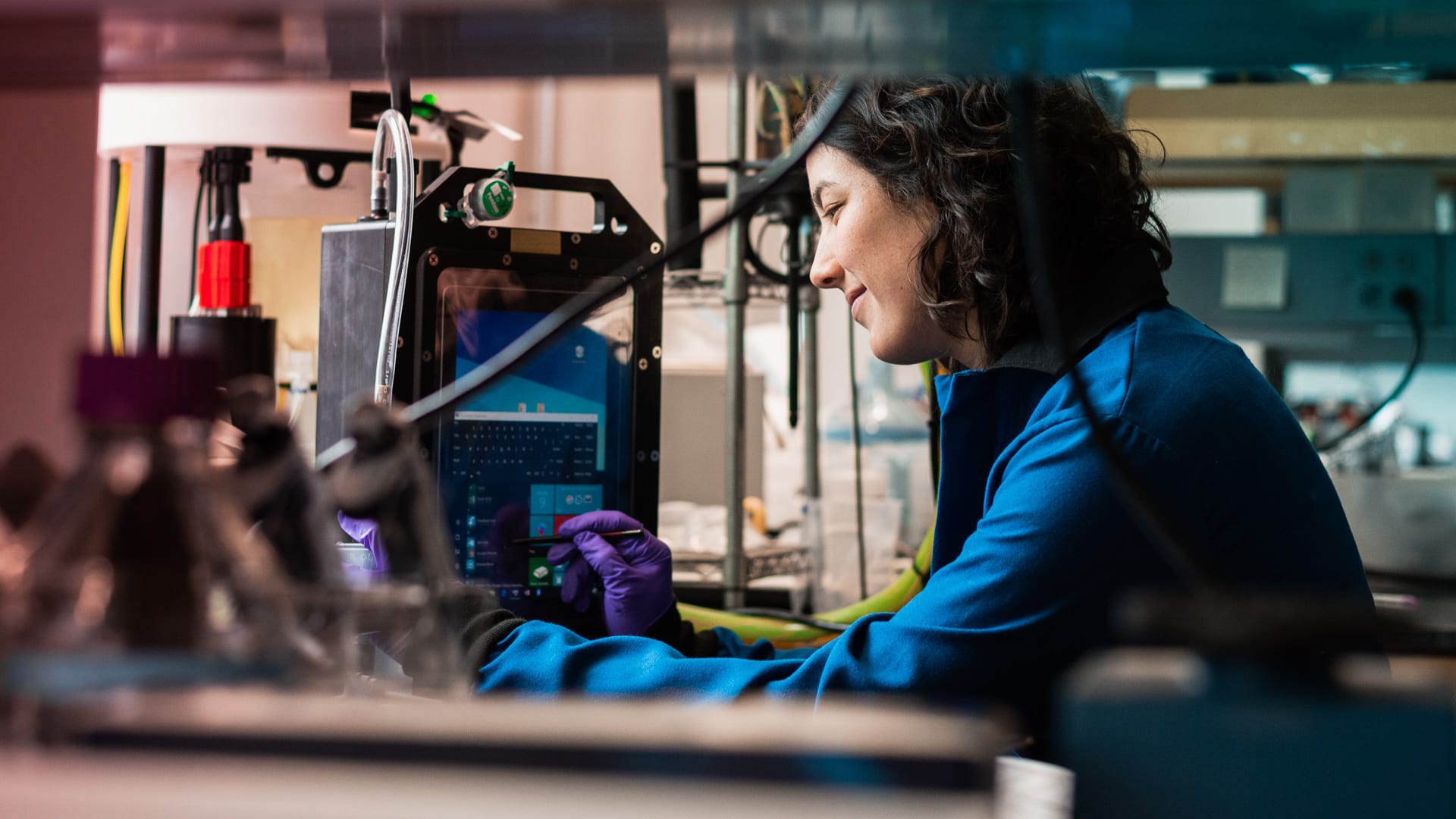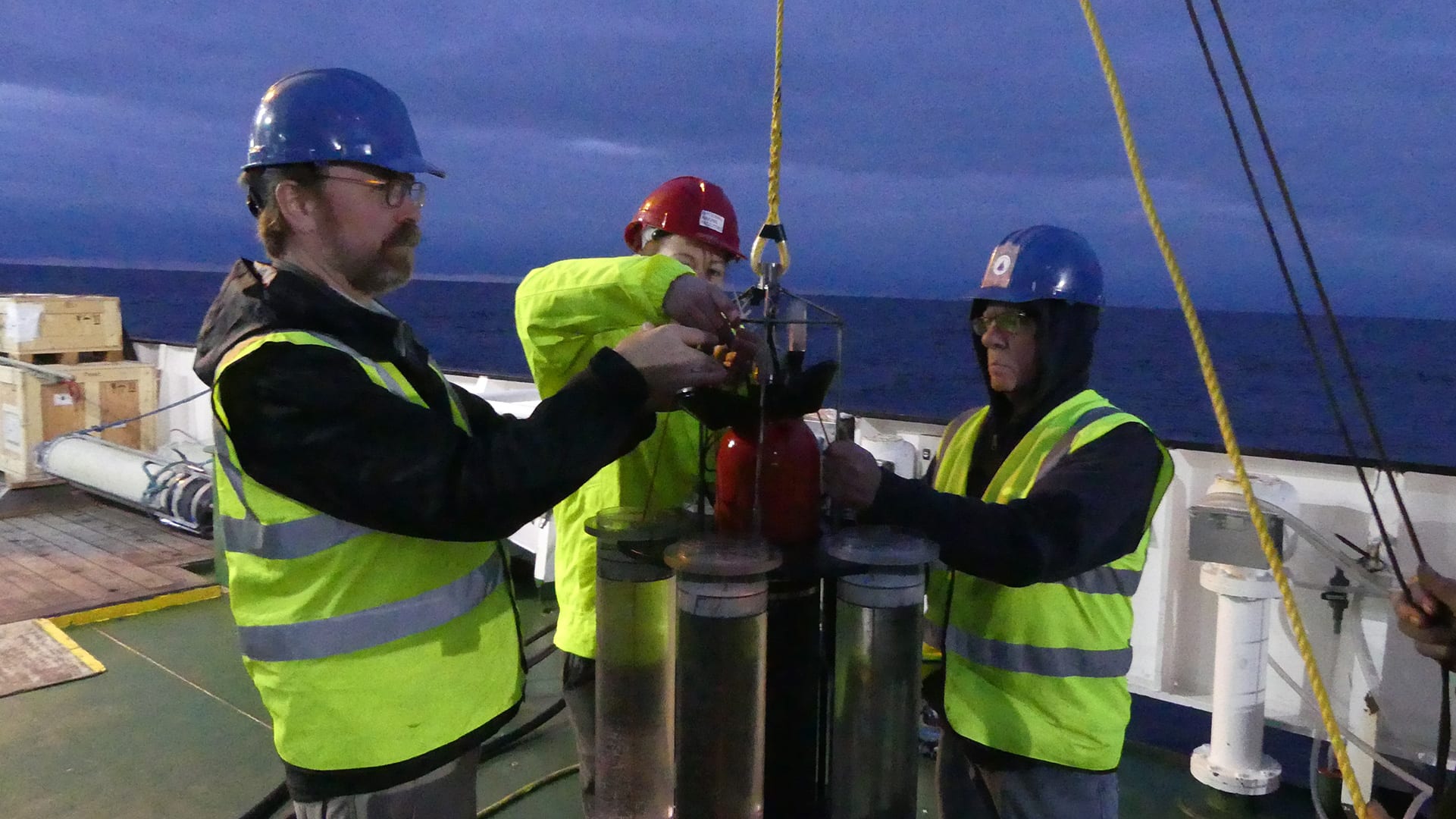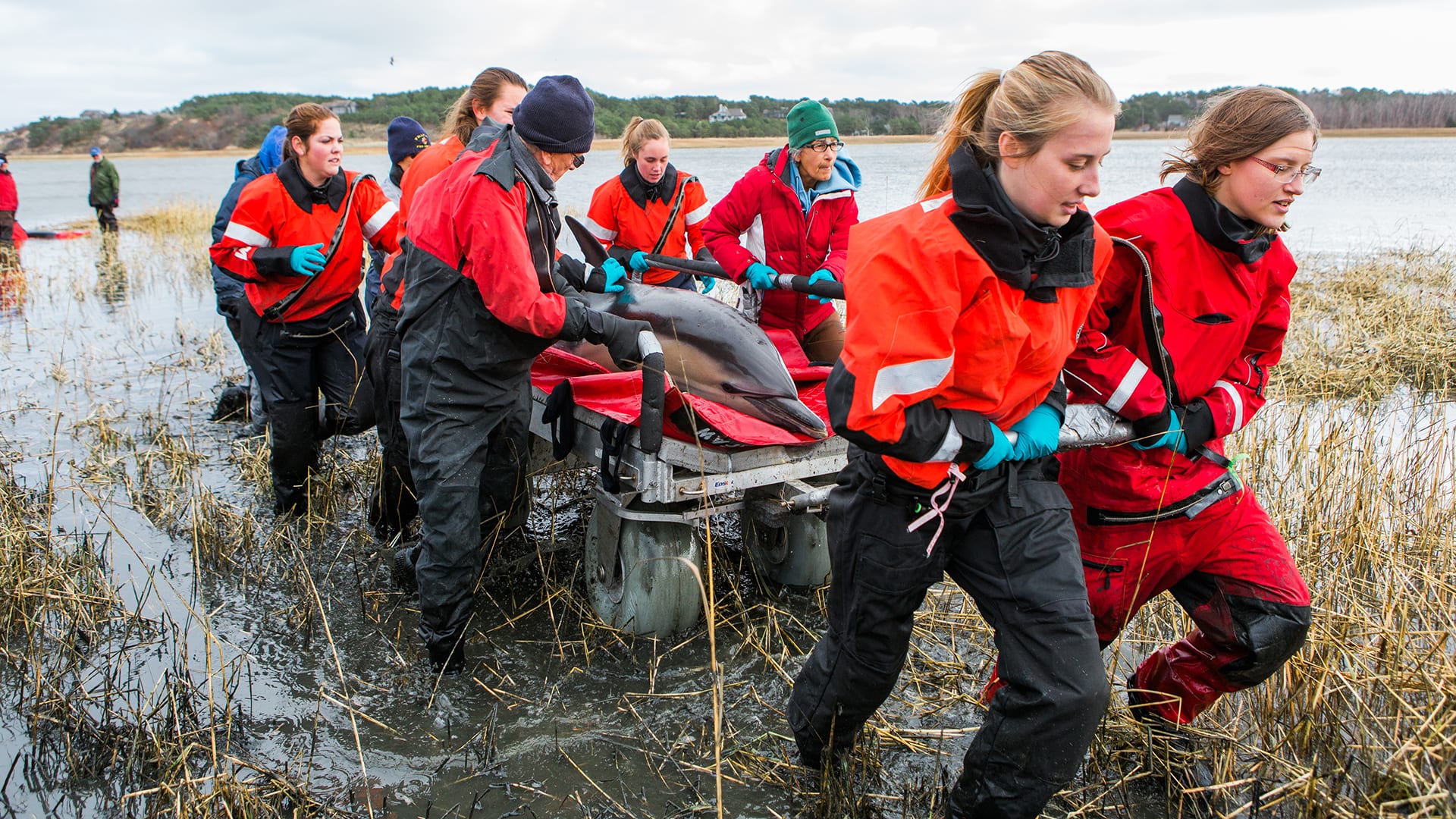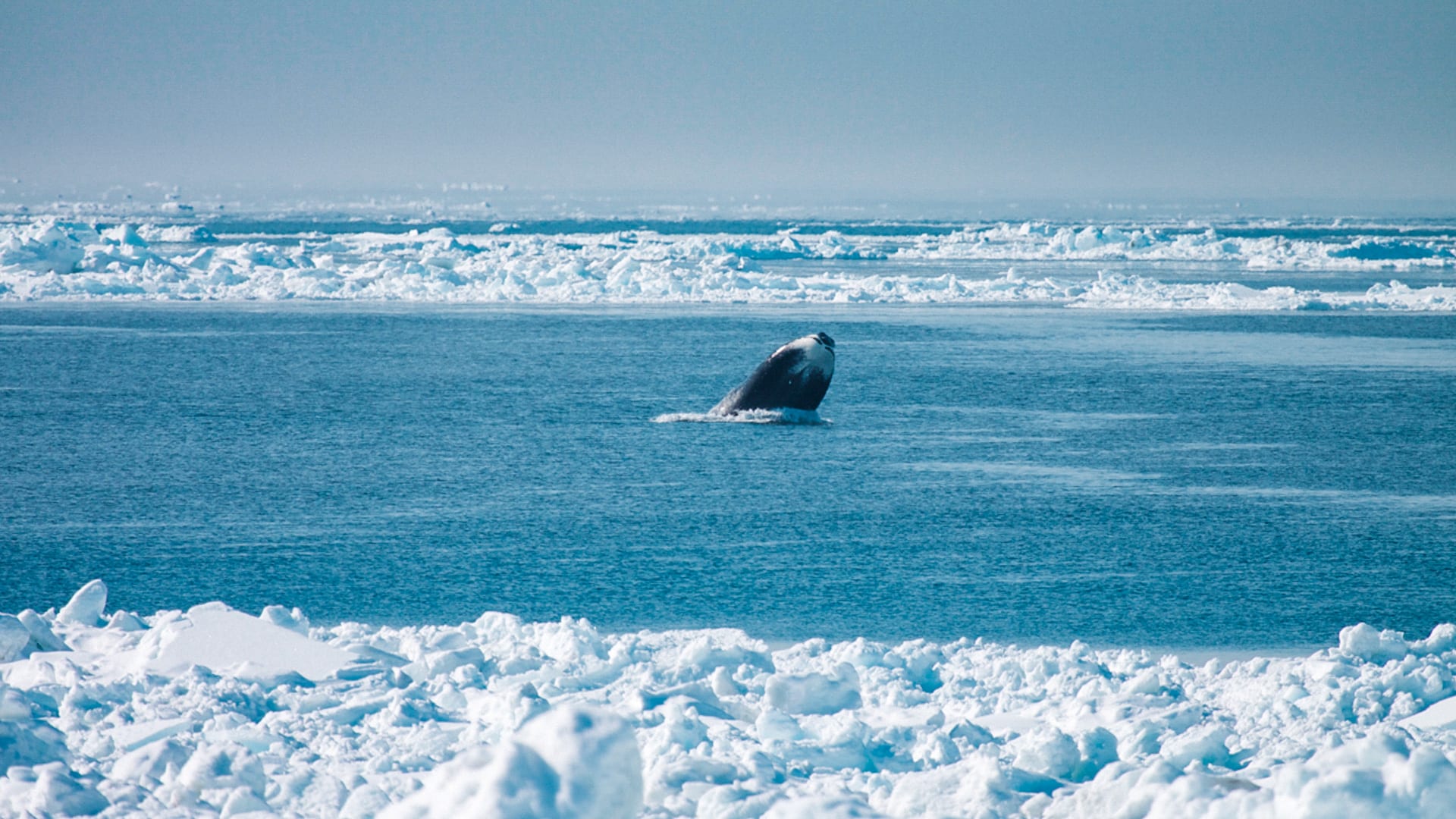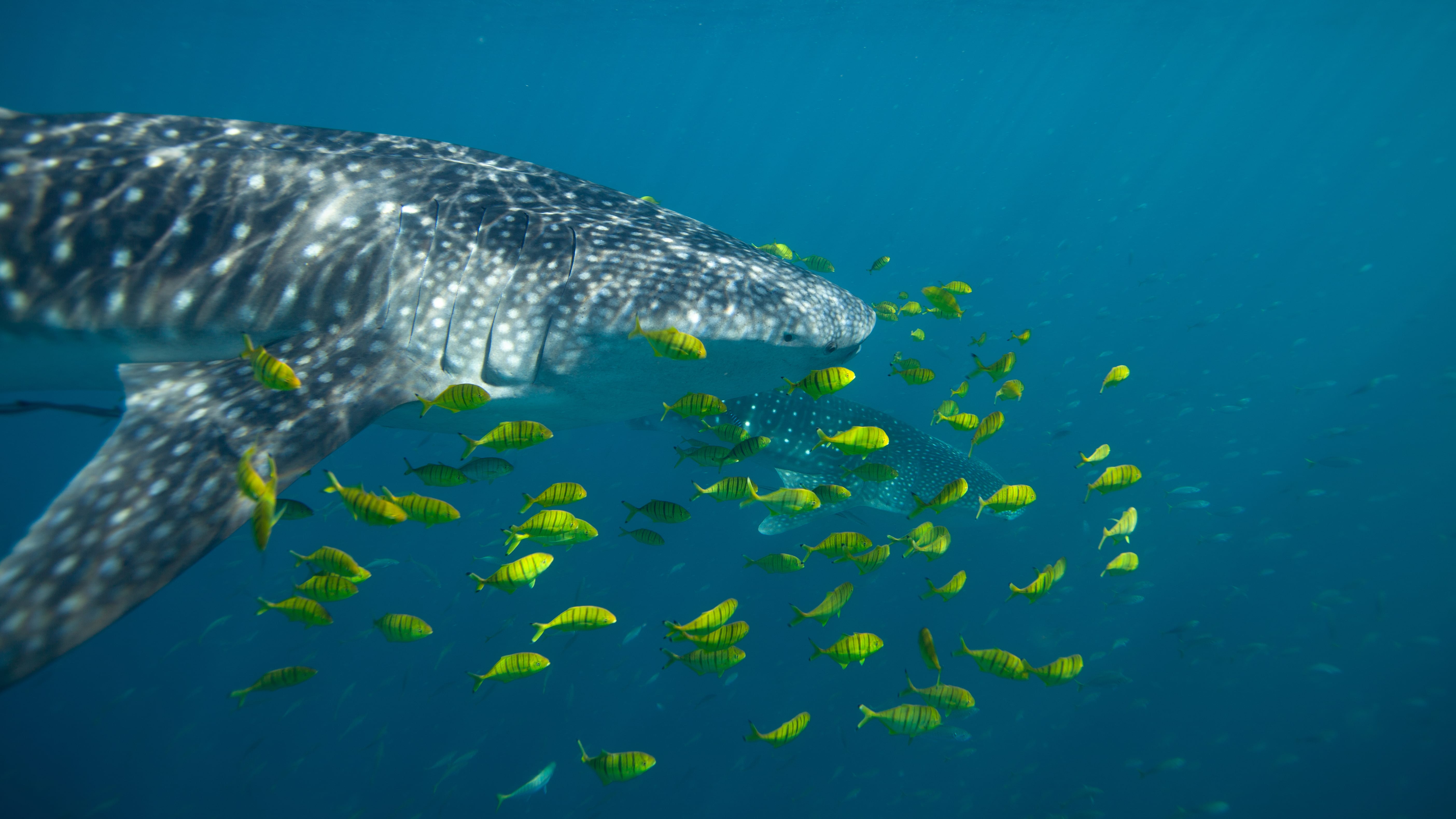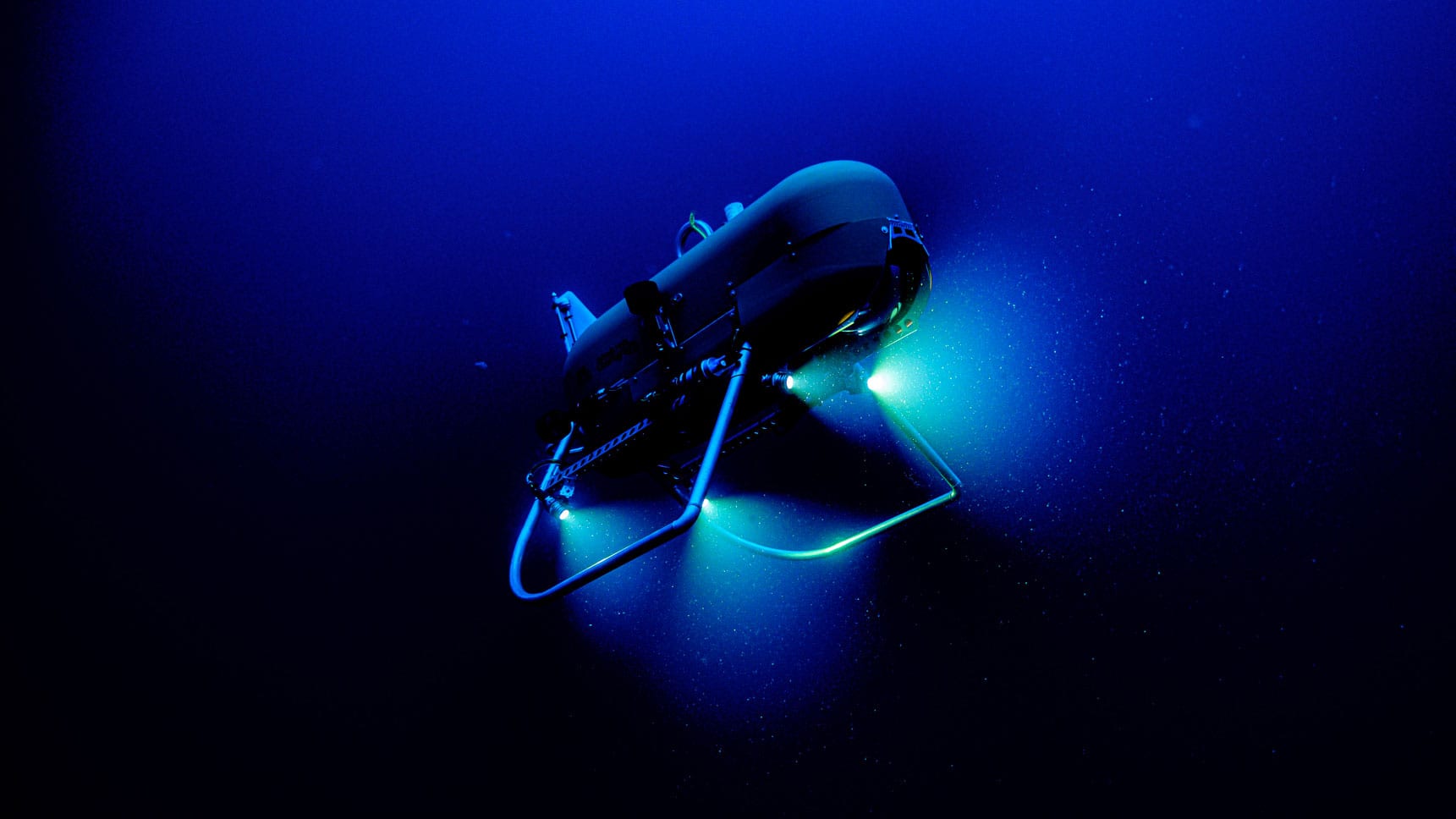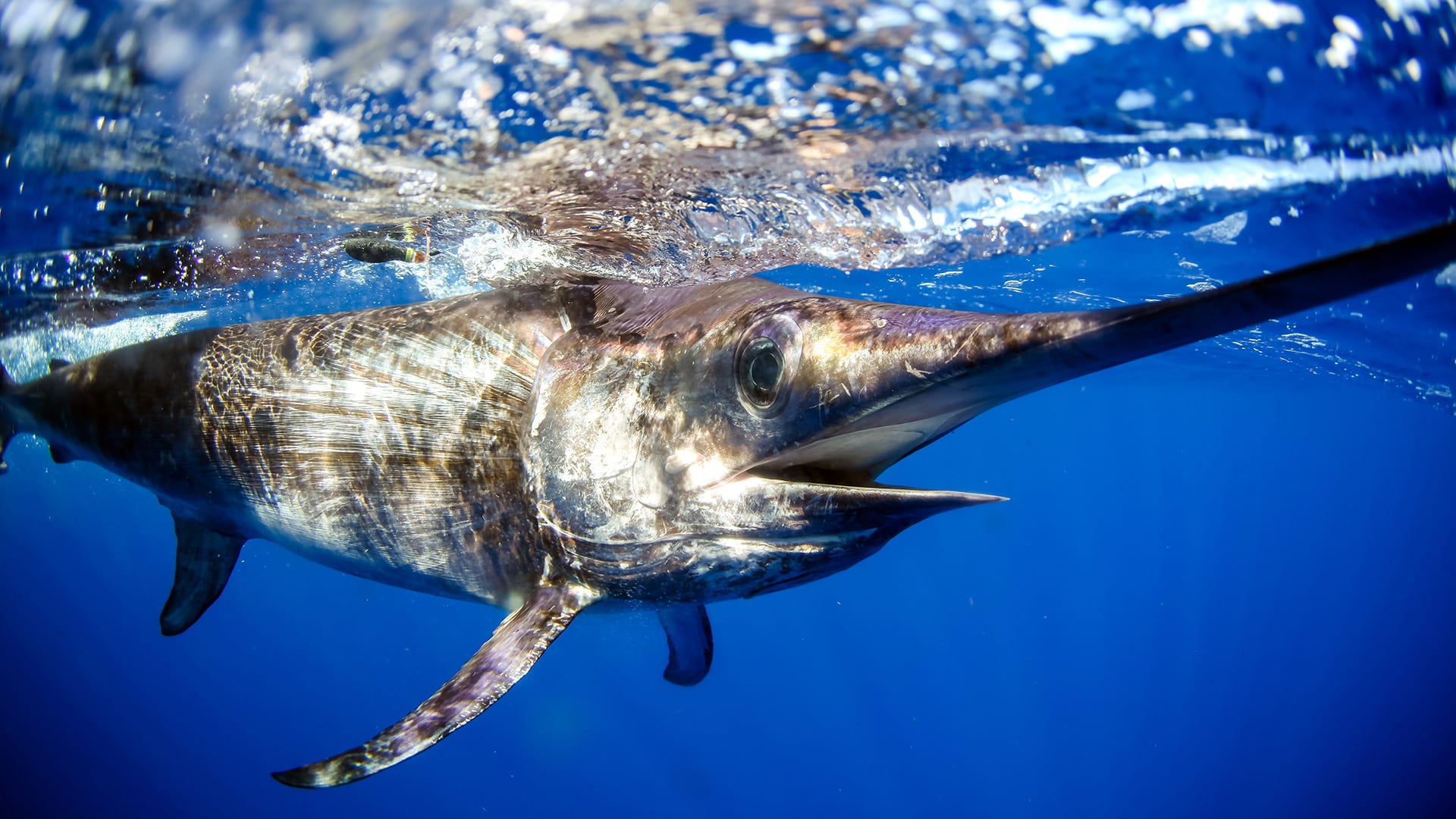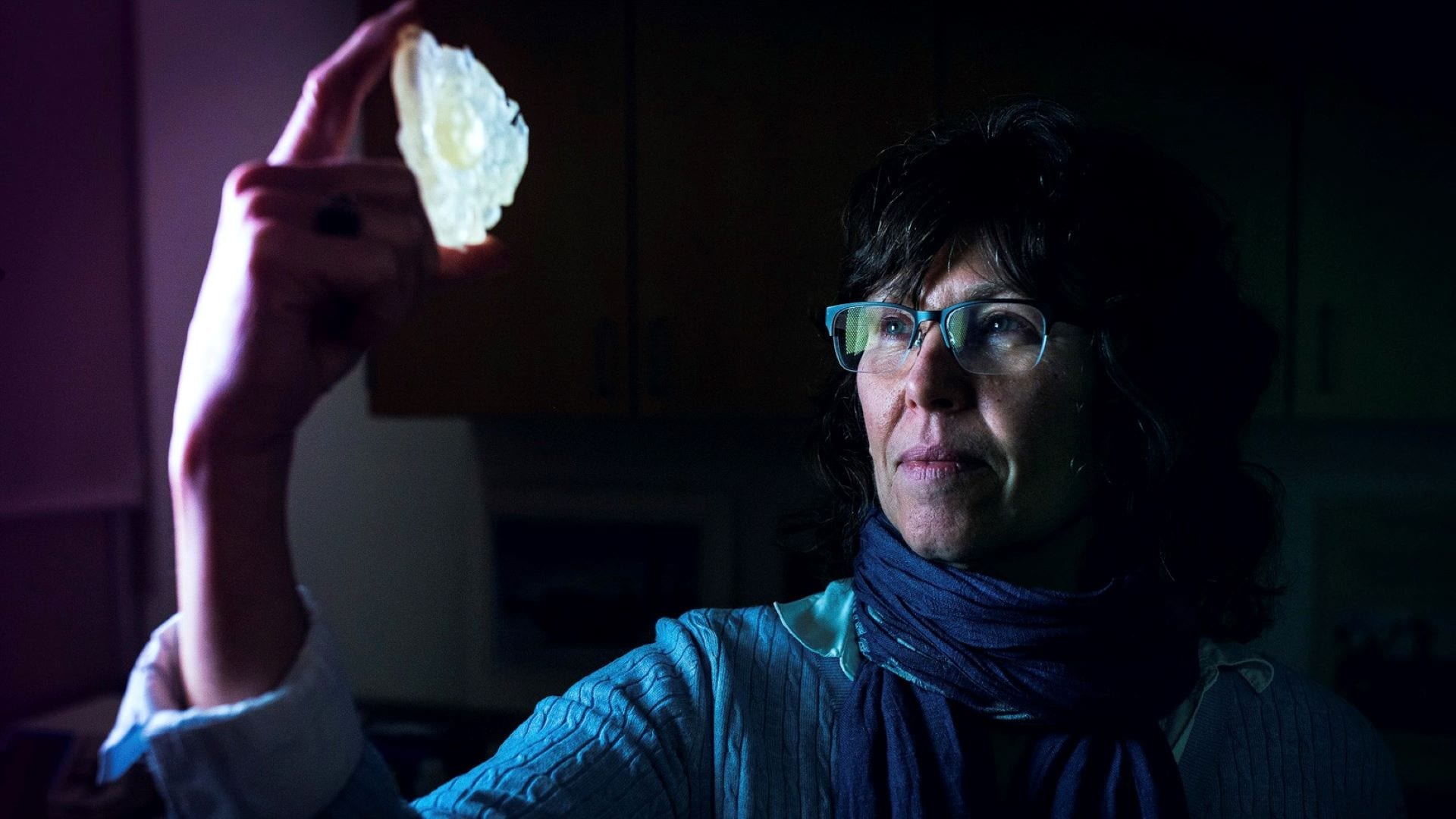Featured Project
‘High-octane’ hurricane fuel swirls in the Gulf of Mexico
Researchers deploy an arsenal of underwater floats to monitor the Loop Current—one of the Atlantic Ocean’s fastest and warmest currents—to collect critical data for hurricane forecasting.
Read MoreInvestigating the ocean’s influence on Australia’s drought
Researchers look to the Indian Ocean for clues on how Australia’s blazing wildfires and bone-dry conditions have reached such extremes.
Read MoreHunger in the Arctic prompts focus on causes, not symptoms
As Arctic Inuit communities try to cope with extreme food insecurity, researchers look for answers
Read MoreWHOI oceanographer completes epic Arctic mission
The largest Arctic science expedition in history has ended, with the return of the German icebreaker Polarstern to its home port of Bremerhaven more than one year after it departed Tromso, Norway.
Read MoreMining ancient dust from the ocean’s loneliest spot
Researchers investigate dust from the ocean’s farthest point from land to reconstruct the climactic history of the Southern Hemisphere, and understand how micronutrients have influenced biological productivity in this oceanic desert.
Read MoreNorth Atlantic Ocean yields clues for better weather predictions
Findings of a new study investigating the interactions between the North Atlantic Ocean and the atmosphere will lead to more attention to how the ocean can be an important source of predictability in weather and climate.
Read MoreUncharted waters
Our global ocean will change dramatically over the next few decades. What might it look like, and how will humans adapt?
Read MoreUncharted Waters
Our global ocean will change dramatically over the next few decades. What might it look like, and how will humans adapt?
Read MoreThe many lifetimes of plastics
Infographics strive to give us a sense of how long plastic goods will last in the environment. But is this information reliable? The findings of a new study from WHOI may surprise you.
Read MoreLab shutdowns enable speedier investigation of coral disease
Despite labs shutting down due to the COVID-19 pandemic, WHOI microbiologists are working fast to solve a different kind of outbreak—one travelling below the ocean’s surface and ravaging coral reefs from Florida to the Caribbean.
Read MoreWHOI joins effort to accelerate marine life protection technology
WHOI has teamed up with Greentown Labs and Vineyard Wind to launch the Offshore Wind Challenge. The program, which is also partnering with New England Aquarium, calls on entrepreneurs to submit proposals to collect, transmit, and analyze marine mammal monitoring data using remote technologies, such as underwater vehicles, drones, and offshore buoys.
Read MoreNow you see me, now you don’t
Marine biologists tackle an unsettling mystery surrounding sand lance–eel-like, dive-bombing fish that have become a cornerstone forage species for a wide range of marine animals in the Gulf of Maine and northwest Atlantic Ocean.
Read MoreSpock versus the volcano
Five hundred meters below the calm surface waters of the Aegean Sea off Santorini Island, Greece, lies an active submarine volcano. There, a decision-making robot equipped with artificial intelligence searches for life and danger.
Read MoreUnderstanding the Melting Arctic
Glaciologist Sarah Das explains why surface melting and runoff across Greenland’s mile-thick ice sheet sped up dramatically in the 20th and 21st centuries, showing no signs of abating.
Read MoreInvestigating the ocean’s influence on Australia’s drought
Researchers look to the Indian Ocean for clues on how Australia’s blazing wildfires and bone-dry conditions have reached such extremes.
Read MoreSea anemones with jet lag?
WHOI scientists investigate the internal body clocks of sea anemones to determine if fluctuating temperatures play a role in their daily rhythms.
Read MoreWHOI-engineered DISCO allows scientists to measure highly reactive superoxide on coral reefs
WHOI researchers successfully conceived and tested a portable device, DISCO, that performed the first in situ measurements of a highly reactive type of oxygen, known as superoxide, which may play an integral role in the health of coral reefs.
Read MoreThe Ocean Twilight Zone’s crucial carbon pump
When CO₂ enters the ocean, where does this heat-trapping gas go? WHOI geochemist investigates how much carbon from the surface ocean is dispatched to the ocean twilight zone–the midlayer of the ocean–and on to the deep ocean.
Read MoreBioacoustic alarms are sounding on Cape Cod
The International Fund for Animal Welfare (IFAW) and its Marine Mammal Rescue Team in Yarmouth, Mass. have responded to a record high of more than 464 marine mammals stranded on Cape Cod since January this year. Researchers at Woods Hole Oceanographic Institution (WHOI) believe patterns from animal sound data may be the key to curbing these numbers.
Read MoreWhales may owe their efficient digestion to millions of tiny microbes
A study by researchers at Woods Hole Oceanographic Institution (WHOI) shows that the microbial communities inside whales may play an important role in the digestion of one of the ocean’s most abundant carbon-rich lipids, known as a wax ester.
Read MoreRed Sea ‘hotspot’ study reveals behaviors of whale sharks
A new study of whale shark movements near a known hotspot in the Red Sea sheds light on their behaviors and could help inform the conservation efforts of the largest known fish, which can reach lengths of 40 feet or more.
Read MoreThe Rise of Orpheus
WHOI’s new deep-sea autonomous underwater vehicle moves one step closer to exploring the hadal zone—the deepest region of the ocean—to search for new clues about the limits of life on Earth, and possibly beyond.
Read MoreFollowing the elusive sword
Satellite tags allow researchers to “see” how swordfish move in and out of the ocean twilight zone.
Read MoreFalling in love with foraminifera
A marine geobiologist falls for the ‘brains’ and beauty of an ancient single-celled creature that can change its shell into a variety of geometric shapes.
Read More
